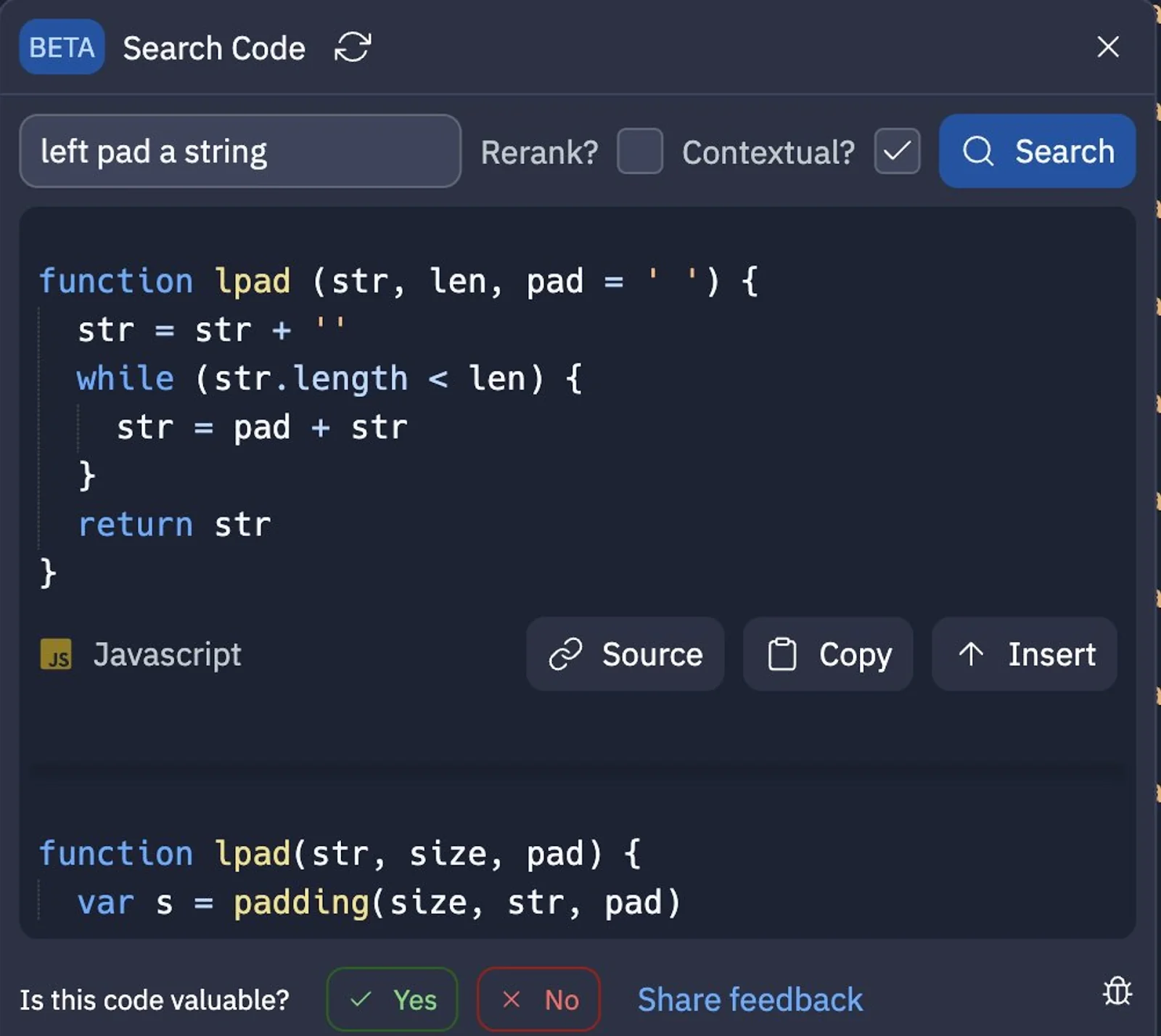Top 5 Emerging Technologies in Software Development to Watch in 2024
Several large tech companies have created new high-performance programming languages aimed at developers recently (Google’s Go, Apple’s Swift, Microsoft’s Rust, among others).
Low-Code/No-Code platforms have significantly empowered the business users to develop their applications with minimal and in a few cases, no knowledge of the programme or code, and without having to rely on software engineers to provide technical support. These platforms have shown to ease the shortage of engineers.
Artificial Intelligence
AI is revolutionising software engineering and it is becoming more obvious all the time how it can assist you or your team’s productivity including helping with coding itself through automated testing and bug-finding, and helping to add a ‘human touch’ to customer experiences with intelligent chatbots.
Artificial intelligence (AI) denotes any automatically programmed computational intelligence within a machine carried out by algorithms, mathematical equations, data analysis or modelling technologies that allow computers to become better at recognising trends and making more accurate decisions by automating many manual processes and thereby delivering similar outcomes in far shorter mean timeframes.
AI has applications in various fields of employment, such as human resource, to screen the CVs and applications to find suitable recruitments for any post, or its application to health sectors can assist healthcare providers for better diagnosis, lead an easy and quick way of drug research and development, to clinically manage privacy of medicinally sensitive patients’ data and to automate pyschotherapy service or online therapy, and the like for their patients.
Machine Learning
Machine Learning (ML), an exemplar of Artificial Intelligence (AI), is one of the most successful approaches to making machines learn from data and continuously improve themselves without being explicitly programmed, thereby opening up numerous and exciting possibilities for software development.
AI-powered coding tools can enable developers to automate and speed up their coding processes, eliminating human mistakes and giving programmers more time to work on higher cognitive tasks. Take GitHub Copilot, for instance, which is an AI-powered coding tool that recommends code snippets and functions to developers.
Machine-learning research has enjoyed major successes in healthcare, from better forecasting viral outbreaks and personalised medicine for patients to identifying anomalies and fraud in finance.
Blockchain
Blockchain is a distributed online database that can securely, transparently and tamper-proof create transactions – and that, best known as the technology behind Bitcoin and other digital currencies, promises to shake many, many more industries as software developers explore what kind of applications the technology can power.
Fast and low-cost cross-border payments without intermediaries (like banks) and with an increase in supply-chain efficiency, for example, is one of the most promising applications of DeFi.
Blockchains can also be used to record ownership of digital assets, and to automate other processes using smart contracts, which will help to manage intellectual property better, reduce dispute resolution costs, and to smooth out business operations, as well as provide greater traceability of output and rely less on identity management systems.
Quantum Computing
– quantum computers exploit qubits: bits that are simultaneously 1 and 0- using a calculation that your classical processor can’t duplicate, to process information at a faster rate If you think that’s exciting, you’ll like this. Quantum computers are poised to cause other disruptions. Google, IBM, and others are ploughing huge resources into the technology with the aim of implementing it commercially. It will prompt a massive disruption in the arena of software development, with implications that we are only beginning to analyse.
Quantum computing will revolutionise our approach to dealing with environmental problems Even the most powerful classical supercomputers on Earth cannot accurately model how the complex, coupled nature of the environmental system actually behaves – ie, how various pollutants impact each other in unique ways. Quantum computers can, though.
In the realm of logistics and global shipping, quantum algorithms could be used to find more efficient routes, saving money and time. So too for other ability to assign values or weights to those options. Quantum algorithms are highly adept at quickly evaluating schemas of larger data sets, and are able to sift through vast spaces of possibilities to find relationships that would take much longer for conventional computers to discover.
XR
The ‘R’ in XR stands for rising immersive technologies like virtual reality (VR), augmented reality (AR) and mixed reality (MR), and by extension any technology that can augment reality with digital objects, or any technology that enriches our reality with virtual objects.
In VR, the user is trapped in a simulated world constructed around her, blocking out her real environment, through devices such as the HTC Viv or the Oculus Rift. In the case of AR with an oversolution, the user can see his real environment with digital add-ons, such as the Google ARCore device, or the Apple ARKit device. In MR devices such as Microsoft HoloLens, the user can theoretically interact both with physical and digital objects in physical space.
Improving corporate training through immersive learning experiences in XR environments is becoming increasingly mainstream. To learn more about how your company can leverage XR environments for corporate training, start with our on-demand Master Class taught by Michael Nebeling, associate professor and pioneer of the virtual reality (VR) program at the Minasy School of Management.




